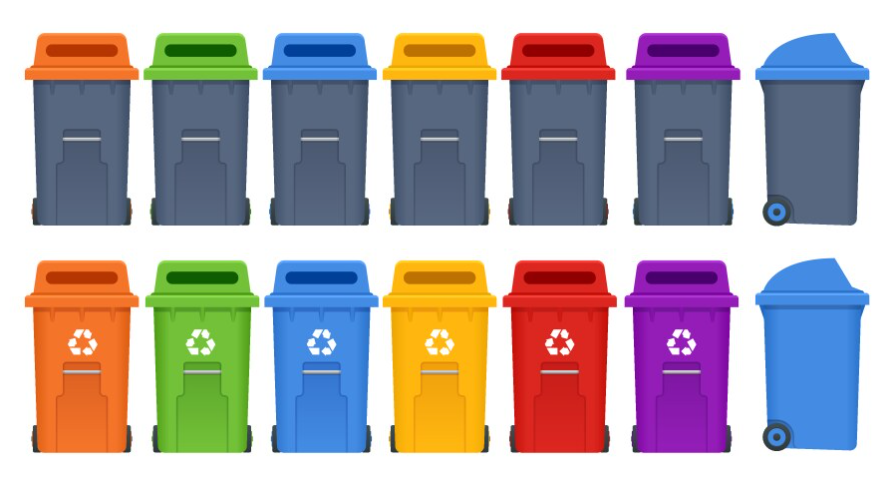In the healthcare industry, proper management of medical waste is crucial to ensure the safety of patients, healthcare workers, and the environment. Medical waste bins play a vital role in this process by providing a secure and hygienic way to dispose of hazardous materials. In this blog post, we'll explore the importance of medical waste bins, their features, and how they contribute to a safe and sustainable healthcare environment.
Understanding Medical Waste: Medical waste, also known as biomedical waste, refers to any waste material generated during healthcare activities that may pose a threat to human health or the environment. This includes items such as used needles, syringes, bandages, gloves, and other contaminated materials.
The Importance of Medical Waste Bins: Medical waste bin are specially designed containers used to collect and store various types of medical waste safely. Here are some reasons why medical waste bins are essential:
- Containment of Hazardous Materials: Medical waste bins are designed to securely contain hazardous materials, preventing accidental exposure to healthcare workers, patients, and the public.
- Prevention of Cross-Contamination: Proper segregation and disposal of medical waste help prevent the spread of infections and diseases, safeguarding the health and safety of individuals within healthcare facilities.
- Compliance with Regulations: Healthcare facilities are required to comply with strict regulations and guidelines for the management and disposal of medical waste. Using designated medical waste bins ensures compliance with these regulations and helps avoid potential fines and penalties.
- Protection of the Environment: Improper disposal of medical waste can have serious environmental consequences, such as pollution of soil and water sources. Medical waste bins help contain and manage waste responsibly, minimizing the impact on the environment.
Features of Medical Waste Bins: Medical waste bins come in various sizes and configurations to accommodate different types of waste and facility requirements. Some common features of medical waste bins include:
- Durable Construction: Medical waste bins are typically made of sturdy materials such as plastic or metal to withstand the rigors of healthcare environments.
- Secure Lid Closure: Bins are equipped with secure lids or closures to prevent unauthorized access and contain odors and spills.
- Color-Coding: Medical waste bins are often color-coded to facilitate proper segregation of waste according to its type and level of hazard.
- Biohazard Symbol: Many medical waste bins feature a prominent biohazard symbol to alert individuals to the presence of hazardous materials.
Conclusion: Medical waste bins play a critical role in the safe and responsible management of medical waste within healthcare facilities. By providing a secure and hygienic way to collect and store hazardous materials, these bins contribute to the protection of human health, compliance with regulations, and preservation of the environment. At ccsth, we prioritize the proper management of medical waste to ensure the safety and well-being of our patients, staff, and the community.





Comments